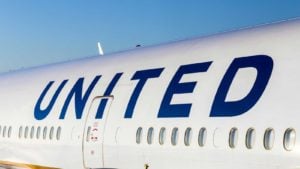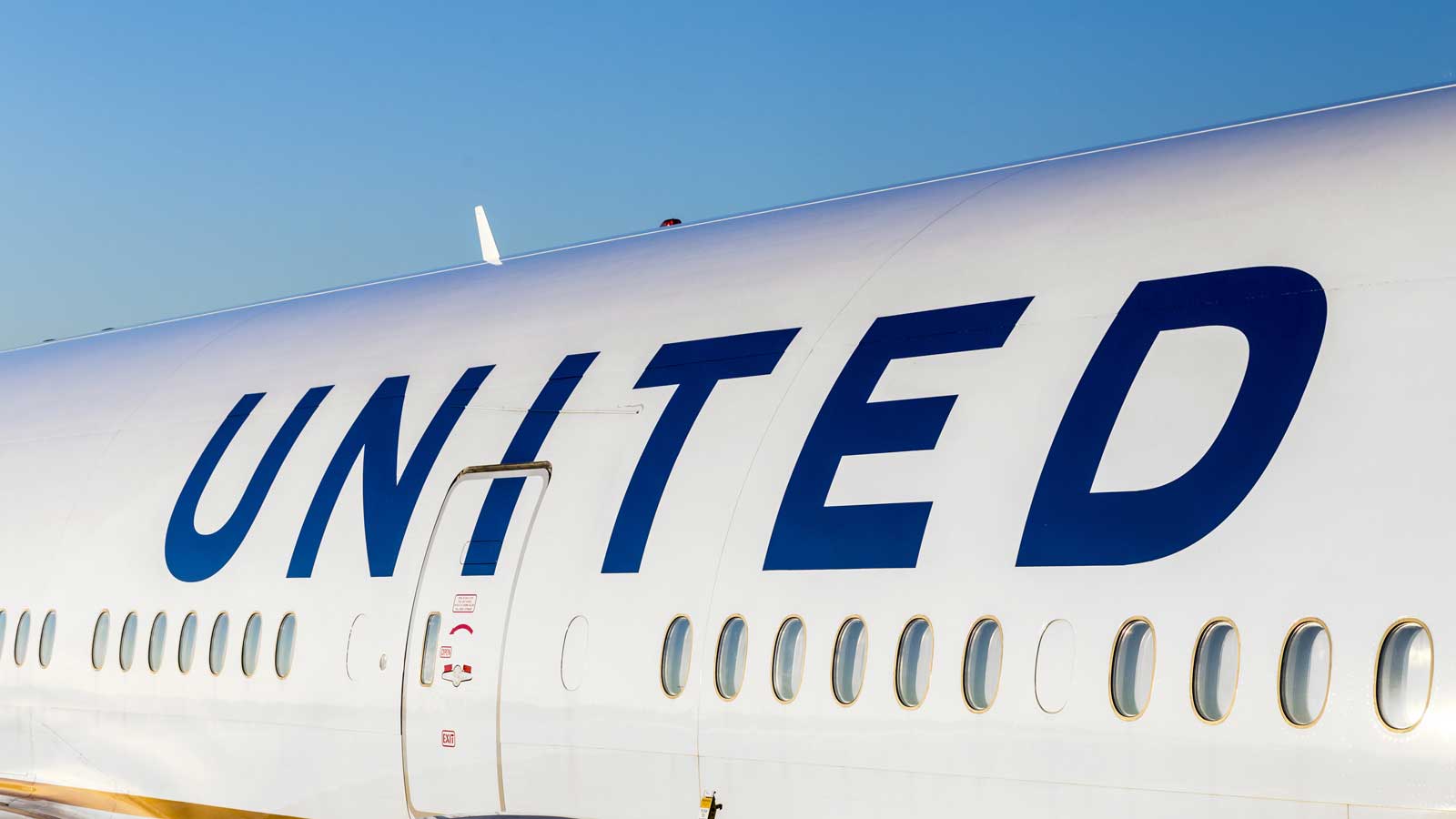Unsurprisingly, United Airlines (NASDAQ:UAL) has not had a good year. No airline has. The pandemic gutted the industry, with passenger volume dropping and planes grounded. United Airlines stock started the year at $89.74, then plunged as low as $17.80 in March. That’s an 80% drop.
Now, a modest recovery did have UAL bouncing against the $40 ceiling through the summer and fall. But at the start of November — on news of a novel coronavirus vaccine — United Airlines suddenly gained steam.

So, with shares now trading in the $45 range, is this the time to buy UAL? After all, if this is the start of a true recovery for the battered name, there should be significant upside in play at that price. It was trading at nearly double the current level at the start of the year, so that logic makes some sense.
But I don’t buy it. Currently, UAL has an “F” rating in my Portfolio Grader. I think that investors pinning their hopes on a rapid return to normal will be sorely disappointed.
United Airlines Stock Is Up Now, But Has Obstacles Ahead
On Nov. 9, news of an effective Covid-19 vaccine broke and had an immediate effect on airline stocks. The prospect of an end to the pandemic saw United Airlines stock spike 19% in one day, breaking through the $40 ceiling. UAL has been gaining ground ever since, putting together a growth run over the past five weeks.
However, the start of vaccination is one thing and getting an entire population vaccinated is another. In a best-case scenario, that will probably not happen until next summer. In the meantime, people are still going to be reluctant to cram into airplanes.
Plus, with the success of videoconferencing solutions this year — and the cost savings compared to traditional meetings — the strong return of business travel is in doubt. In fact, Bill Gates recently predicted that over 50% of business travel will disappear after the pandemic.
And let’s not overlook United Airlines’ specific challenges to overcome, including its $33.8 billion in total debt. By accepting a government bailout in April, United Airlines stock is bound by terms that could impact future share prices, such as a ban on stock buybacks. Finally, UAL also has an aging fleet with costly airplane replacements looming.
Bottom Line
Analysts have slowly been souring on UAL over the past three months, moving the opposite direction of United Airlines stock. Looking at the Wall Street Journal’s coverage of the company, one out the 21 tracked investment analysts had the stock rated as a sell while 13 rated it as a hold. In November, that had changed to two and 12, respectively. Now 11 analysts have it as a hold and four as a sell.
More analyst downgrades over the past week also reflect concerns that any upside has already been accounted for in UAL’s recent run. For instance, J.P. Morgan analyst Jamie Baker “double-downgraded” United Airlines stock, writing that the pick had already pushed past his year-end 2021 target price. Baker also cut that price target from $47 to $44. Likewise, MarketWatch reports that Deutsche Bank analyst Michael Linenberg downgraded most U.S. airline stocks, including UAL. Linenberg noted:
“The stocks are at or near fair value based on 2022 valuations (and in some cases, 2023), suggesting to us that investors’ have already paid for two years of earnings growth.”
The bottom line on United Airlines? If you were considering an investment in this name at a bargain basement price and assuming that its gains will continue, think twice. While the novel coronavirus vaccine is here, it will take months before everyone is vaccinated. Plus, there is no guarantee that business travel will resume at pre-pandemic levels once that does happen. And who knows when consumers will feel comfortable spending money on vacations again?
All in all, the airline industry is still on shaky ground. UAL’s gains over the past several months may very well be its last for quite some time.
On the date of publication, neither Louis Navellier nor the InvestorPlace Research Staff member primarily responsible for this article held (either directly or indirectly) any positions in the securities mentioned in this article.
Louis Navellier had an unconventional start, as a grad student who accidentally built a market-beating stock system —with returns rivaling even Warren Buffett. In his latest feat, Louis discovered the “Master Key” to profiting from the biggest tech revolution of this (or any) generation.
